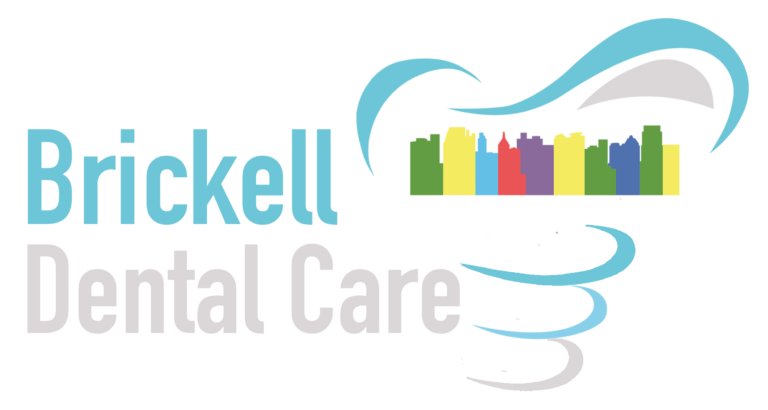About Wisdom Teeth Extraction
Wisdom teeth extraction is a common dental procedure that involves the removal of one or more wisdom teeth—often referred to as third molars. These are the last set of teeth to erupt in the mouth, typically appearing during late adolescence or early adulthood. Not everyone requires their wisdom teeth to be extracted, but for those who do, it’s usually due to issues such as inadequate space in the jaw, impaction, misalignment, or potential for oral health complications.
The prevalence of wisdom teeth removal means that dental professionals have a well-established understanding of how best to manage the procedure and its aftermath. A well-managed recovery is paramount as it can significantly affect one’s overall health and well-being. The body needs time to heal properly and efficiently after such an invasive treatment; hence, adhering to post-operative guidelines is essential for a swift and uncomplicated recovery.
Immediate Post-Operative Care Strategies
Immediately following wisdom teeth extraction, patients will receive expert advice tailored towards managing pain, swelling, and potential bleeding. It’s normal to experience discomfort after such a procedure; thus, dentists commonly prescribe pain management medications or suggest over-the-counter options. Applying ice to the face in 15-minute intervals can also greatly reduce swelling and provide relief.
Rest is crucial within the first 24 hours post-extraction. Patients are advised to keep their heads elevated even while sleeping to minimize swelling. Engaging in strenuous activities can lead to increased bleeding or dislodgement of the blood clot essential for healing—therefore, it’s recommended that patients limit physical exertion during this initial recovery phase.
Nutrition and Hydration Post-Surgery
Nutrition plays a vital role in healing after wisdom teeth extraction. Optimal healing can be supported by consuming soft foods that require minimal chewing—such as yoghurt, applesauce, or soups—and maintaining adequate hydration with plenty of fluids. It’s important during this time to avoid hot beverages and straws because sucking motions can disturb the formation of blood clots at the surgical sites.
Certain foods should be avoided because they may irritate the surgical site or become lodged in it—popcorn, nuts, and seeds fall into this category. Alcoholic beverages are also not recommended during recovery as they can interfere with any prescribed medications or the body’s natural healing processes.
Oral Hygiene and Wound Care
Maintaining oral hygiene without disturbing the extraction site is key after wisdom teeth removal. While regular brushing should continue during recovery, patients need to take care around the wounds—gentle brushing with a soft bristle toothbrush is advised. Dentists might also recommend saline rinses or specialized mouthwashes post-surgery to keep the area clean and aid in healing without harsh scrubbing.
Patients are typically instructed on proper wound care techniques before leaving the dental clinic. It’s crucial for individuals to follow these instructions closely to prevent infection at the site of extraction which could complicate their recovery significantly.
Recognizing and Addressing Complications
Understanding what constitutes normal healing versus symptoms indicating possible complications is essential post-extraction. Some pain, swelling, and minor bleeding are expected after surgery; however persistent issues beyond what has been outlined by your dentist may require attention.
Conditions such as dry socket—where a blood clot fails to form or becomes dislodged prematurely—can cause intense pain and delay healing times if not treated promptly by a dental professional. Signs of infection like fever, excessive swelling beyond 24 hours post-procedure, pus from extraction sites or severe pain unmanaged by medication also warrant immediate medical advice.
In summary, wisdom teeth extraction requires not just skilled dental practitioners during surgery but also informed self-care strategies thereafter for optimal outcomes. By diligently following post-operative instructions on care strategies including rest levels and nutrition intake while being vigilant about hygiene practices at home patients contribute significantly towards their successful recovery journey.
